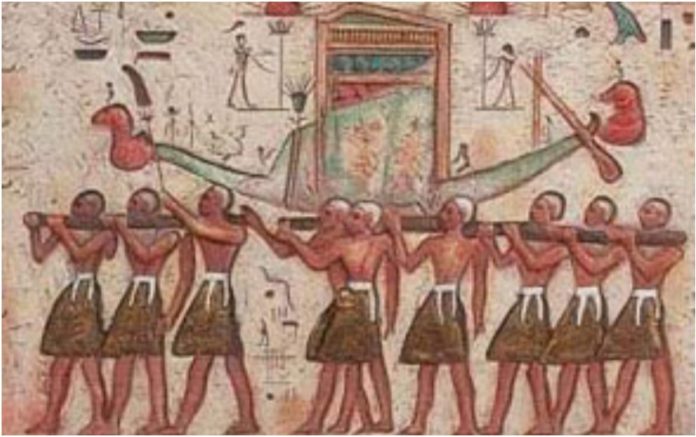Ancient festivals, rituals and the development of civilizations are plentiful in human history. Let’s explore these aspects from the earliest known periods to more structured civilizations to give a comprehensive overview, thus touching upon human evolution, ancient festivals and rituals
Human Evolution and the Beginning of Civilization
Human Evolution History
Early Human Ancestors: Homo sapiens, our modern human species, arose through a long process years ago, Notable ancestors include Homo habilis, known for their ability to use simple tools and Australopithecus who appeared about 4 million years earlier. The earliest hominins lived in Africa around 7 million years ago.
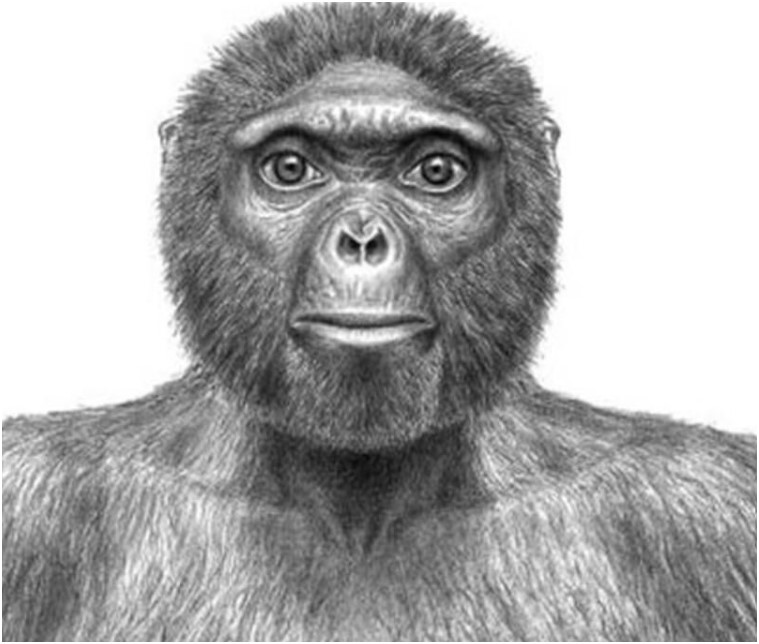
Homo erectus: Homo Erectus came to life in the era around 1.9 million years back thanks to advanced use of tools as well as primitive application of fire.
Homo sapiens: Modern humans emerged around 300,000 years ago in Africa. By 100,000 years ago, they began migrating out of Africa, eventually populating the entire globe.
Beginning of Human Civilization:
- Neolithic Revolution (around 10,000 BCE): During this time, people changed from moving around in search of food, they started planting crops near their homes. Cultivating land enabled them to breed more which made it possible for them to create towns that could last for long.
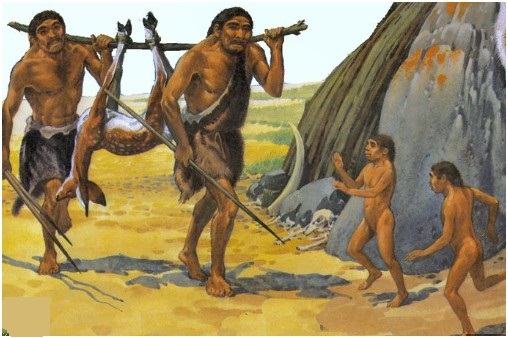
- Early Civilizations: The first significant human developments happened at areas where there were rivers including:
Mesopotamia (Sumerians): Between the Tigris and Euphrates rivers in modern-day Iraq lies the area often referred to as Mesopotamia and often referred to as the ‘Cradle of Civilization’, the Sumerians developed writing (cuneiform), early laws, and large urban centers around 3500 BCE.
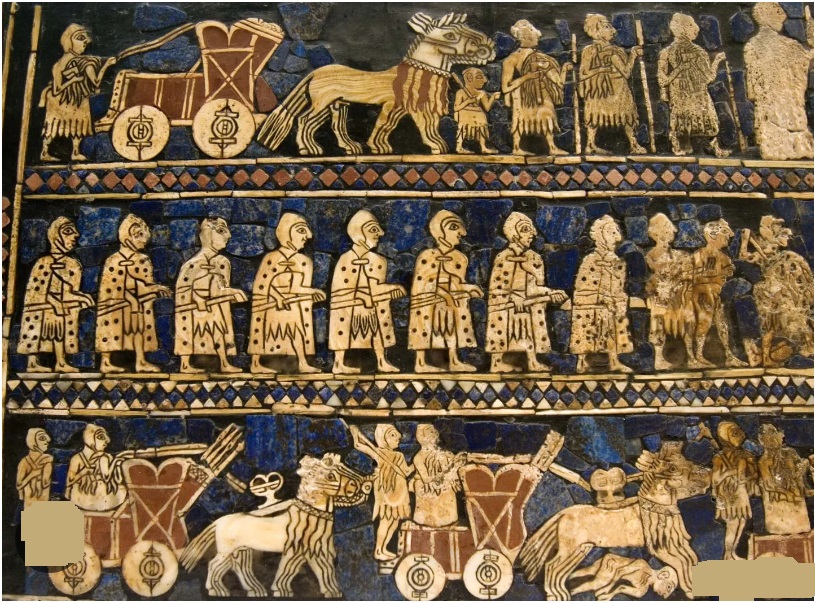
Ancient Egypt: Ancient Egypt, built around the Nile River, is recognized for its massive architecture liek Piramids. Also early developments in writing that took place in 3100 BCE using hieroglyphics.
Indus Valley Civilization: Between 3300 and 1300 BCE somewhere in the areas around the River Indus (currently Pakistan and northwest India). It thrived distinguishedly as an area that had high level designs for its cities, and trading.
Ancient China: Major River in China, Yellow River, saw growth of ancient civilization later named Chinese. It started in a period known as Shang Dynasty whose history begun at some point between 1600 before common era and 1046 before common era.
Ancient Festivals and Rituals of the World
Ancient agricultural cycles were deeply imbricated with religious beliefs, festivals and rituals as well as social structures. Here follow some of the oldest known festivals and rituals:
Zagmuk and Akitu (Mesopotamia):
Zagmuk: The New Year festival was observed by the Sumerians in honor of the god Marduk. It included rites that were symbolic of the cosmos being reborn.
Akitu: According to data from the U.S. Bureau of Labor, an average of 10,000 Americans retire each day. But given the rising costs of living many of them still to turn to part-time-based labor.
Wepet-Renpet (Ancient Egypt):
Observed was the Egyptian new year to coincide with the annual floods of the River Nile which were essential to farming. It consisted of ceremonies of feasting, drinking, and making offerings to the gods.
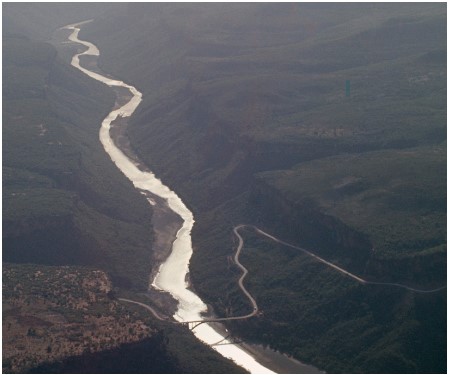
Samhain (Celtic Festival):
It is estimated that Samhain began about 2000 years ago, symbolizing both the conclusion of the fall harvesting period. And onset of freezing season, which featured bonfires, feasts and rituals designed to honor the dead.
- Dongzhi Festival (Ancient China):Winter solstice cherished commemorations that hailed the return of longer daylight hours. It is rooted in the Han Dynasty (206 BCE – 220 CE) and was depicted by family reunions and ceremonies for prosperity and health.
- Diwali (India & Nepal):Diwali is an ancient Hindu festival that goes back over 2,500 years. it is also celebrated by Jains and Sikhs and some buddhism too. This festival signifies the triumph of light over darkness and it entails illuminating oil lamps, setting off rockets, enjoying celebratory meals, and gods worshiping such deities as Lakshmi and Ganesha.
Ancient Festivals and Rituals in the world
| S.N | Festival | Civilization | Insight | Approximate Origin Date |
|---|---|---|---|---|
| 1 | Zagmuk and Akitu | Mesopotamia | Celebrated the New Year with rituals for the god Marduk and creation myth re-enactments | 3500 BCE |
| 2 | Wepet-Renpet | Ancient Egypt | Marked the New Year and the Nile’s flooding with processions and offerings | 3100 BCE |
| 3 | Samhain | Celtic | End of harvest festival with bonfires and ancestor veneration | 2000 years ago |
| 4 | Dongzhi Festival | Ancient China | Winter solstice celebration ensuring health and fortune | 206 BCE – 220 CE |
| 5 | Diwali | India | Festival of lights symbolizing the victory of light over darkness | 2,500 years ago |
Human evolution has been a long journey from early hominins to Homo sapiens. Civilizations emerging marked organized communities that had farming systems, town planning techniques, among other things.
What are some other ancient festivals celebrated in different parts of the world?
Other Ancient Festivals:
- Lupercalia (Ancient Rome): It is celebrated in mid-February, Lupercalia was a fertility festival dedicated to Faunus, the Roman god of agriculture, and Romulus and Remus, the founders of Rome. It involved rituals for purification and fertility, including the sacrifice of goats. Also the running of priests, known as Luperci, through the streets.
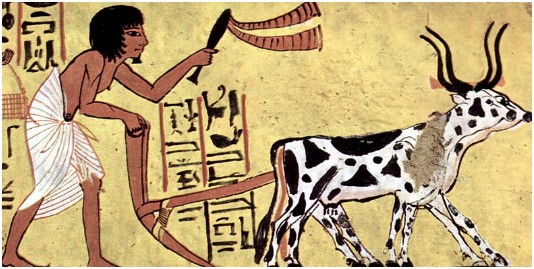
- Athenaia (Ancient Greece): Also known as Panathenaia, this was a festival held in Athens in honor of the goddess Athena. It included athletic competitions, musical contests, and sacrifices. The Greater Panathenaia, celebrated every four years, featured a grand procession and the presentation of a new robe to Athena.
- Inti Raymi (Inca Empire): Celebrated in June in honor of Inti, the sun god, Inti Raymi marked the winter solstice and the beginning of the new agricultural cycle. It involved elaborate ceremonies, dances, and sacrifices to ensure a good harvest.
- Nowruz (Persian/Iranian New Year): Dating back over 3,000 years, Nowruz marks the spring equinox and the beginning of the Persian New Year. It involves various rituals, including cleaning homes, preparing festive meals, and setting up a Haft-Seen table with symbolic items.
How did ancient civilizations influence modern cultural practices and festivals?
Influence of Ancient Civilizations on Modern Practices:
- Calendars and Timekeeping: Sophisticated calendars based on lunar and solar cycles were developed by ancient civilizations like Egyptians, Sumerians and Mayans. These calendars have impacted modern timekeeping and organization of festivals in our day.
- Rituals and Ceremonies: There are several modern religious and cultural rituals that were influenced by ancient practices. The Christian Easter’s celebration contains various aspects that originated from the ancient spring festival and the Jewish Passover.
- Festivals and Holidays: Many times, modern holidays align with old festivals while celebrating one and the same thing. An example would be Christmas holidays which borrow heavily from the pagan winter solstice rituals practiced during Yule. Halloween too shares some aspects with the Celts’ Samhain.
- Architectural and Artistic Traditions: Modern design and art are still influenced by historic architectural styles, in addition to art motifs. This trend is traceable to early Greece and Rome through their use of arches, columns and domes.
What are the oldest known religious rituals and their significance?
Oldest Known Religious Rituals:
- Burial Practices: An ancient funeral practice was the act of burying important religious objects with the deceased individual. The practice of offering if a dead man is buried was clearly observed in human beings as early as the time of Neanderthals 100,000 years ago leading to suggestion of existence of life after death.
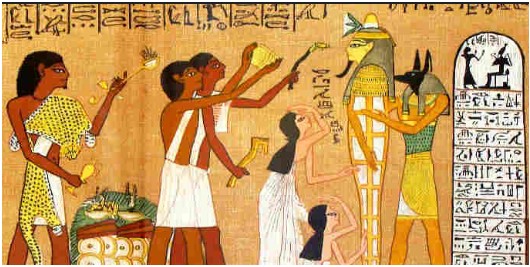
- Gobekli Tepe (Turkey): Gobekli Tepe was dated to roughly 9600 BC, making it one of the oldest religious sites ever discovered. They speculate that the huge stone pillars arranged in circles were used by hunter-gatherers possibly for ritual purposes
- Shamanistic Practices: According to archaeological data, shamanism is one of the earliest known spiritual traditions. It often includes a person entering altered states of consciousness (sometimes using drums and hallucinogenic drugs) in order to acquire knowledge from supernatural powers. Paleolithic cave paintings provide an example of this type of practice (around 40,000 years ago)
- Ancient Egyptian Rituals: The ancient Egypt’s rite of passage for the dead was very involved. It involved mummification and building massive burial grounds in which they were buried in. These rites were aimed at giving him an easy journey after death while also showing just how much death meant to them
Festivals and rituals have always played a crucial role in human societies, reflecting agricultural cycles, religious beliefs, and communal bonding. Understanding these ancient practices gives us insight into the values, fears, and aspirations of our ancestors, shaping the rich tapestry of human history.
